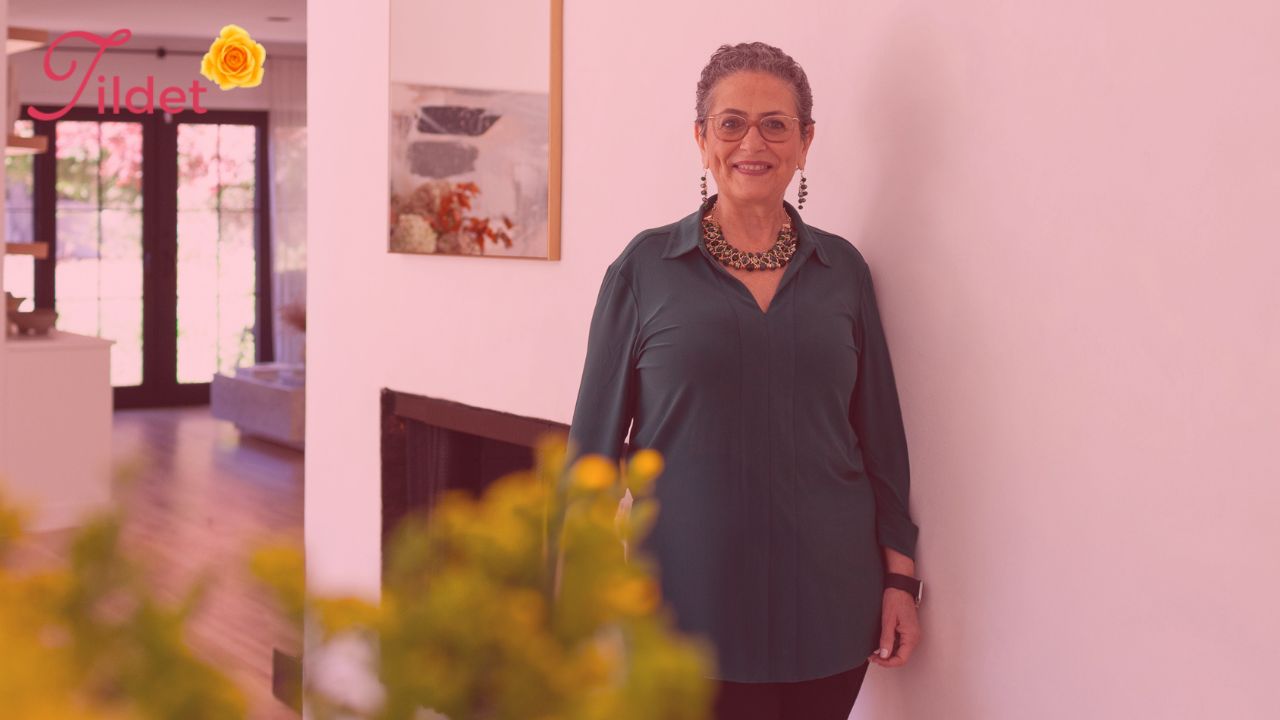Introduction
Conflict is a universal experience—it happens in families, friendships, workplaces, and even within ourselves. While conflict can be uncomfortable, it doesn’t have to be destructive. In fact, when approached with the right mindset, conflict can deepen relationships, spark innovation, and create opportunities for personal growth.
Let’s explore how we can reframe conflict and use it as a catalyst for connection and understanding.
1.Why Does Conflict Feel So Difficult?
Conflict often triggers emotional responses tied to:
- Fear of being misunderstood: We want to be heard, but conflict can make us feel ignored.
- Fear of rejection: Disagreements can feel personal, even when they’re not.
- Unresolved past experiences: Old wounds can resurface, making small conflicts feel much bigger.
Understanding why conflict feels hard is the first step to handling it better.
2.The Mindset Shift: Conflict as Opportunity
Instead of seeing conflict as a problem, try viewing it as an opportunity to:
- Learn: Conflicts reveal new perspectives, teaching us about others and ourselves.
- Grow: Disagreements challenge us to improve communication, patience, and empathy.
- Connect: When resolved effectively, conflict can build stronger relationships by fostering trust and understanding.
3.Practical Steps to Turn Conflict into Connection
Here are simple strategies for transforming conflict into a positive experience:
1️⃣ Pause Before Reacting
Take a moment to breathe and collect your thoughts. Responding calmly can prevent escalation.
2️⃣ Listen to Understand, Not to Respond
Active listening means truly hearing the other person’s perspective without interrupting or preparing your rebuttal.
3️⃣ Find Common Ground
Identify shared goals or values. Focusing on what unites you helps reduce the emotional charge of the disagreement.
4️⃣ Use “I” Statements
Instead of blaming, express your feelings and needs. For example, say, “I feel frustrated when…” instead of “You always…”.
5️⃣ Seek Solutions Together
Collaborate on finding a resolution that works for both parties. Ask, “How can we move forward together?”
4.The Personal Growth Side of Conflict
Conflict doesn’t just teach us about relationships; it teaches us about ourselves. Every disagreement is an opportunity to:
- Reflect on what triggers you and why.
- Practice emotional resilience and self-control.
- Build confidence by navigating difficult conversations with grace.
5.When Conflict Persists
Sometimes, conflicts don’t resolve easily. In these cases:
- Seek a neutral perspective: Talking to a trusted friend, mentor, or coach can help.
- Focus on what you can control: You can’t change others, but you can choose your response.
- Set healthy boundaries: Protecting your peace doesn’t mean avoiding conflict; it means addressing it respectfully and moving forward.
Conclusion
Conflict doesn’t have to be a negative force in our lives.
When approached with curiosity, patience, and a willingness to learn, it can become a powerful tool for growth and connection.
Time with Tildet
Discuss and discover opportunities for your growth during a 30-minute complimentary meeting via Zoom – click here to book.
Limited Spaces For These Complimentary Calls Available




